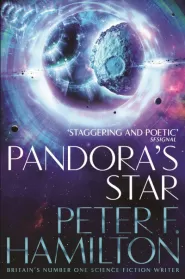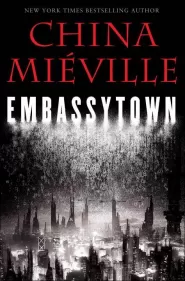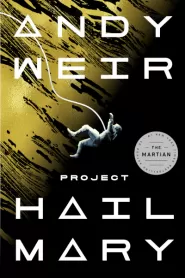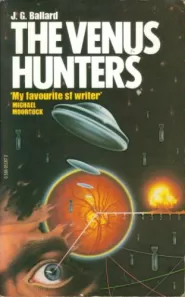Rushing to Paradise
J.G. Ballard – author of "Crash" and "Empire of the Sun" – explores the dangers of extremism in ecology and feminism in this highly acclaimed modern fable.
Veteran campaigner Dr Barbara Rafferty's obsessive crusade to save the albatross on the Pacific atoll of Saint-Esprit suddenly gains international support when millions of TV viewers witness the shooting of her young acolyte Neil Dempsey on a foolhardy rescue mission. The coverage that results allows Dr Barbara to turn the deserted island into a sanctuary. It becomes a remote paradise home for Neil, an odd team of eco-enthusiasts and idealists and a growing collection of the world's endangered species, sent there to find protection from extinction. However, as Dr Barbara isolates the residents more and more from the world outside it becomes clear that all on the island is not right. As the men begin to sicken while the women flourish, Neil is forced to question why he remains healthy, and will this change when a new man arrives? Brilliantly unsettling in classic "Ballardian" style, this is a novel in which all expectations are upset and all roles reversed.
Readers also enjoyed
J. G. Ballard
James Graham Ballard (1930–2009) was a British novelist and short story writer who was a prominent part of the New Wave in science fiction in the mid- to late-1960s and whose work frequently focused on dystopian themes.
J. G. Ballard's best known books are the controversial novel Crash, an exploration of sexual fetishism connected to automobile accidents, and the semi-autobiographical novel Empire of the Sun, about his childhood internment by the Japanese during World War II after the invasion and conquest of Shanghai, where Ballard was born in the International Settlement. Both books were adapted into films, by David Cronenberg and Stephen Spielberg respectively.
















































